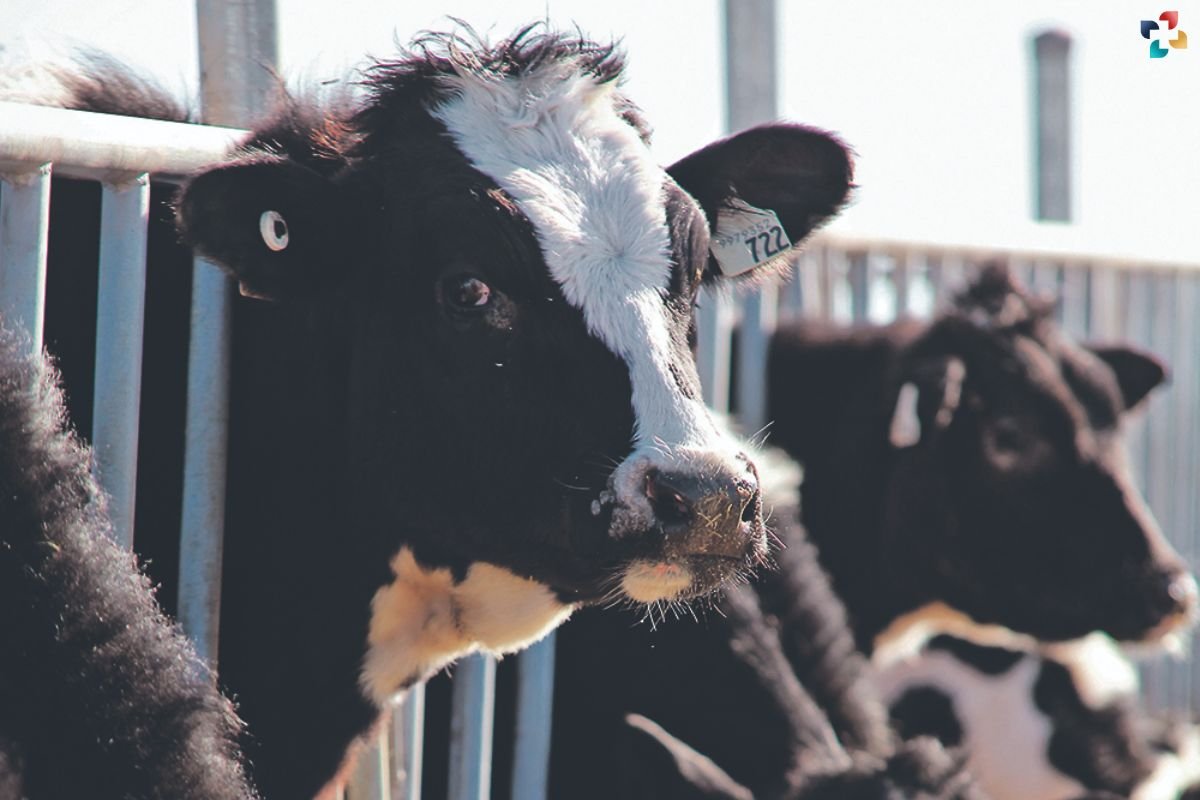Source – The Western Producer
The United States Department of Agriculture (USDA) announced a new measure on Thursday allowing farmers to test bulk supplies of milk from their dairy cows for bird flu before transporting them across state lines. This shift from testing individual cows to bulk milk testing aims to streamline the testing process and reduce the economic strain on farmers while continuing to combat the spread of the virus.
Since late March, the bird flu virus has affected cows and dairy workers, prompting USDA to require negative test results for lactating cows before interstate movement. The USDA stated that this requirement likely helped contain the virus within current state boundaries. As of Wednesday, 2,492 pre-movement tests had been conducted, although this figure does not represent the total number of animals tested.
The bulk milk testing program is set to begin the week of June 3, with USDA’s acting senior advisor for bird flu, Eric Deeble, indicating that it could simplify testing procedures and encourage broader participation among farmers. Deeble stressed that the new program does not loosen restrictions but aims to enhance testing capabilities.
Pilot Program to Encourage Broader Testing Participation
The new pilot program is expected to increase the number of herds testing positive due to its voluntary nature. USDA’s plans have prompted reviews from agricultural officials in six states, who are evaluating how the program will be implemented. The H5N1 virus has been confirmed in cattle in nine states, with the U.S. Food and Drug Administration estimating that 20% of the U.S. milk supply shows signs of the virus.
The International Dairy Foods Association expressed support for the program, suggesting it could help reduce the threat of H5N1 in dairy herds, protect farm workers, and safeguard the nation’s milk supply. Farmers noted that testing milk from bulk storage tanks is more efficient than testing individual cows, as it allows for sampling the entire herd at once.
Under the new protocol, herds testing negative for three consecutive weeks using bulk tank milk samples will be permitted to move cattle without additional pre-movement testing. To maintain this status, farmers must submit weekly bulk tank milk samples. USDA documents revealed that widespread participation could establish disease-free zones in states or regions.
New info revealed on Bulk Milk Testing for Bird Flu, milk outbreak in US
Concerns and Challenges in Implementation
Despite the potential benefits, some veterinarians have expressed concerns about the adequacy of bulk milk testing. Gail Hansen, a veterinary and public health consultant, argued that three weeks of bulk tank testing might not be sufficient to confirm a herd is free of bird flu. She warned that samples from healthy cows could dilute those from infected cattle, giving a false sense of security.
State officials are seeking clarity on how the program will be managed. Indiana’s state veterinarian, Bret Marsh, questioned how data would be utilized, highlighting concerns about the state’s classification as affected if positive cases were identified. Similarly, Michigan, which has the highest number of confirmed cattle infections, is interested in the program but cautious about its implications. Tim Boring, Michigan’s director of the Department of Agriculture and Rural Development, emphasized the importance of restricting animal movement to prevent further spread of the disease.
The USDA is currently identifying states to participate in the pilot program and addressing queries from state officials to ensure effective implementation. The success of the program will depend on widespread farmer participation and careful monitoring to prevent the virus’s spread.











